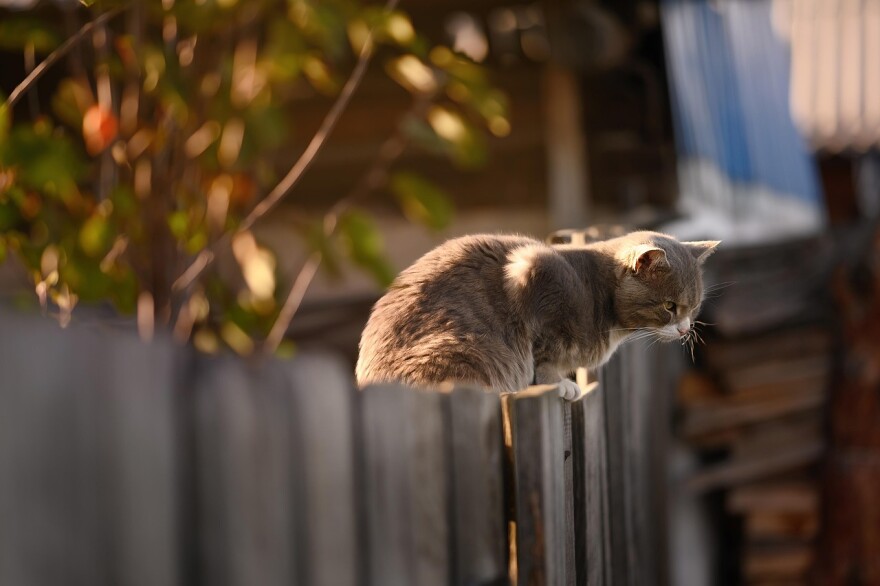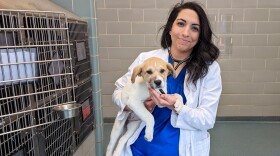Spaying and neutering pets is one of the best ways to get animal populations under control.
A single unspayed female cat can easily give birth to around 60 kittens within five years.
Fix Is In President Bree Richardson says it’s becoming a crisis of too many cats out on the landscape.
“We are seeing across the state, as well as the country, every single shelter is packed full of cats, and many shelters actually have to turn a lot of people away in the community when they need help with a cat they found, or they're in a situation where they need to surrender their own personal pets,” said Richardson.
One barrier that keeps people from spaying and neutering cats is the cost, an issue that’s only been made worse by a veterinarian shortage.
Depending on the kind of clinic, it can cost anywhere from $150 to $400 per cat.
The Fix Is In is working across the state to provide financial assistance to lower spay and neuter costs.
“A lot of our funding comes through donations, but our number one source to help expand spay and neuter access and funding across the state is through our specialty license plate that released last year,” said Richardson. “We are receiving funds from this four times a year, and we turn those funds around and pay directly to individuals or vets to cover the costs.”
The Fix Is In is particularly focused on getting outdoor, free roaming cats spayed and neutered. These are ones that typically live in barns, sheds, or garages.
Richardson says this not only helps with overpopulation and the health of the cats but can also be humane.
“About 75% of those kittens born outside will not survive to adulthood and have to deal with a lot of harsh conditions,” said Richardson.
Last year, the Fix Is In helped fund nearly 700 spay and neuter surgeries for outdoor cats.







